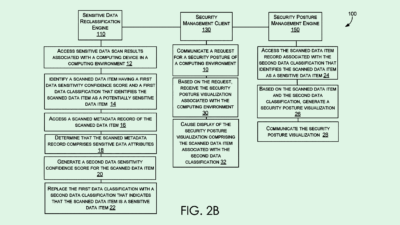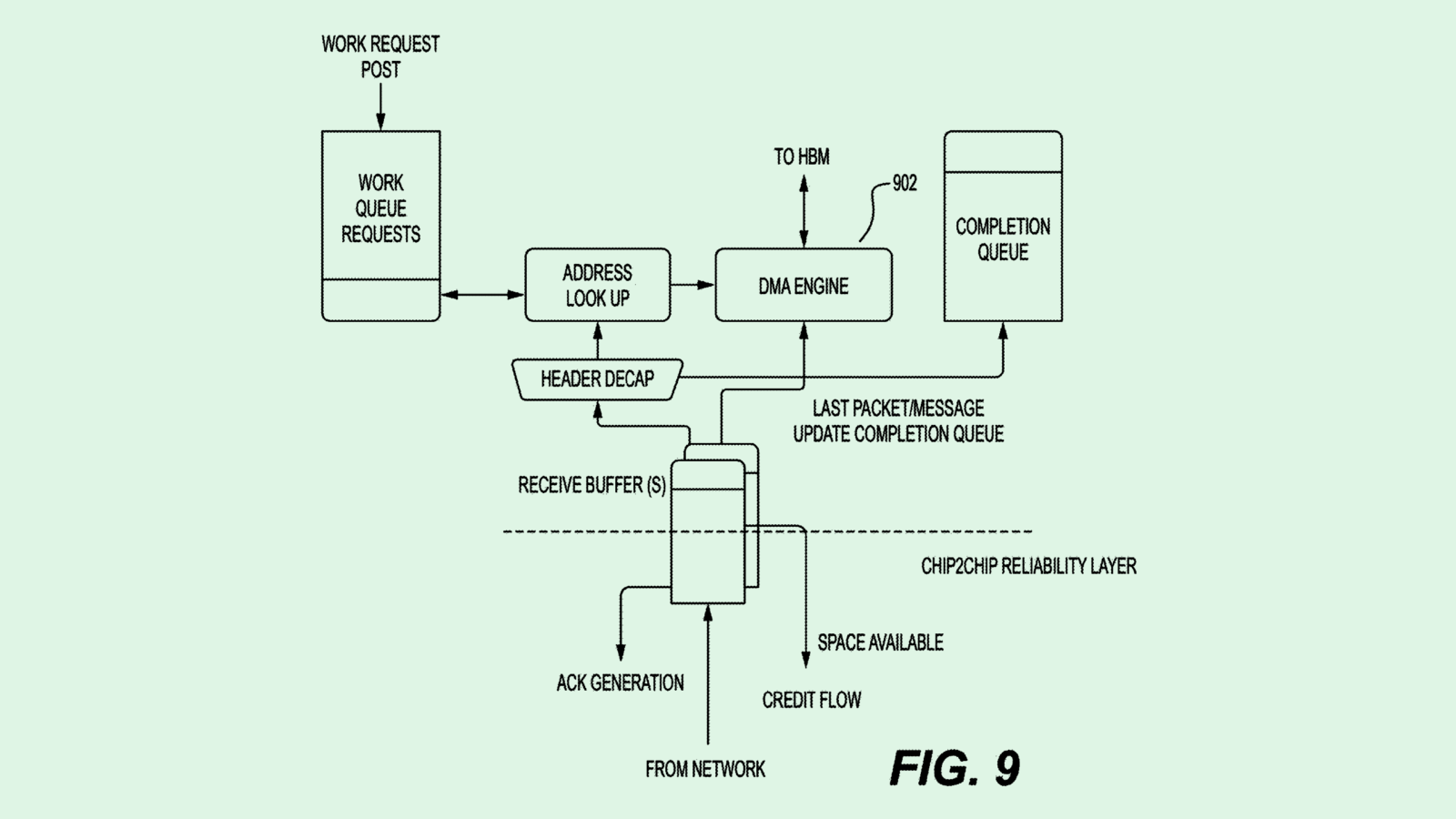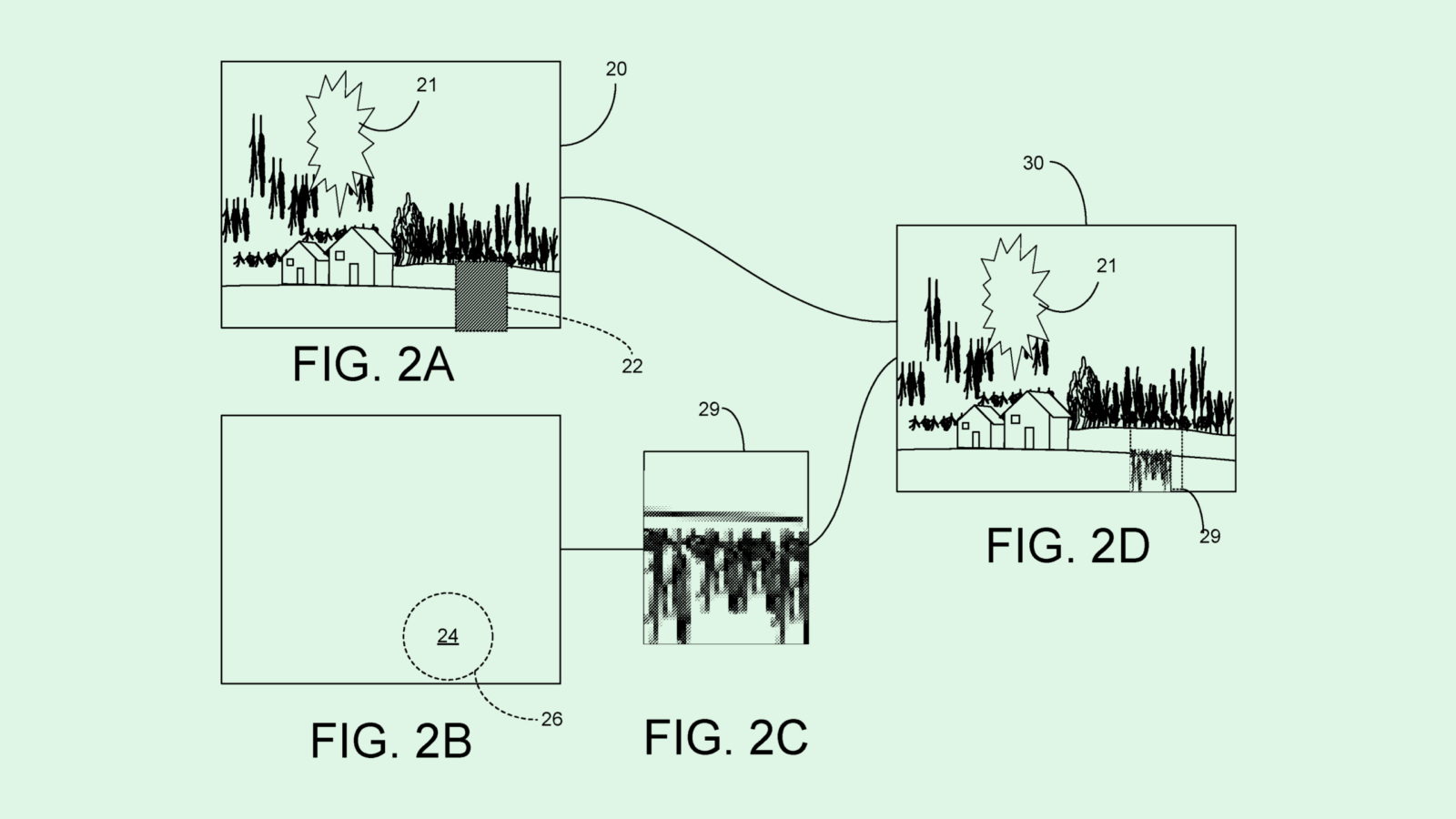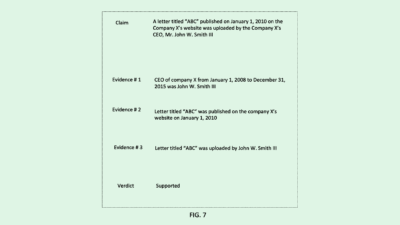Amazon Adds to Project Kuiper Efforts With New Patent
The company may have some stiff competition in the satellite internet market from SpaceX’s Starlink offering.
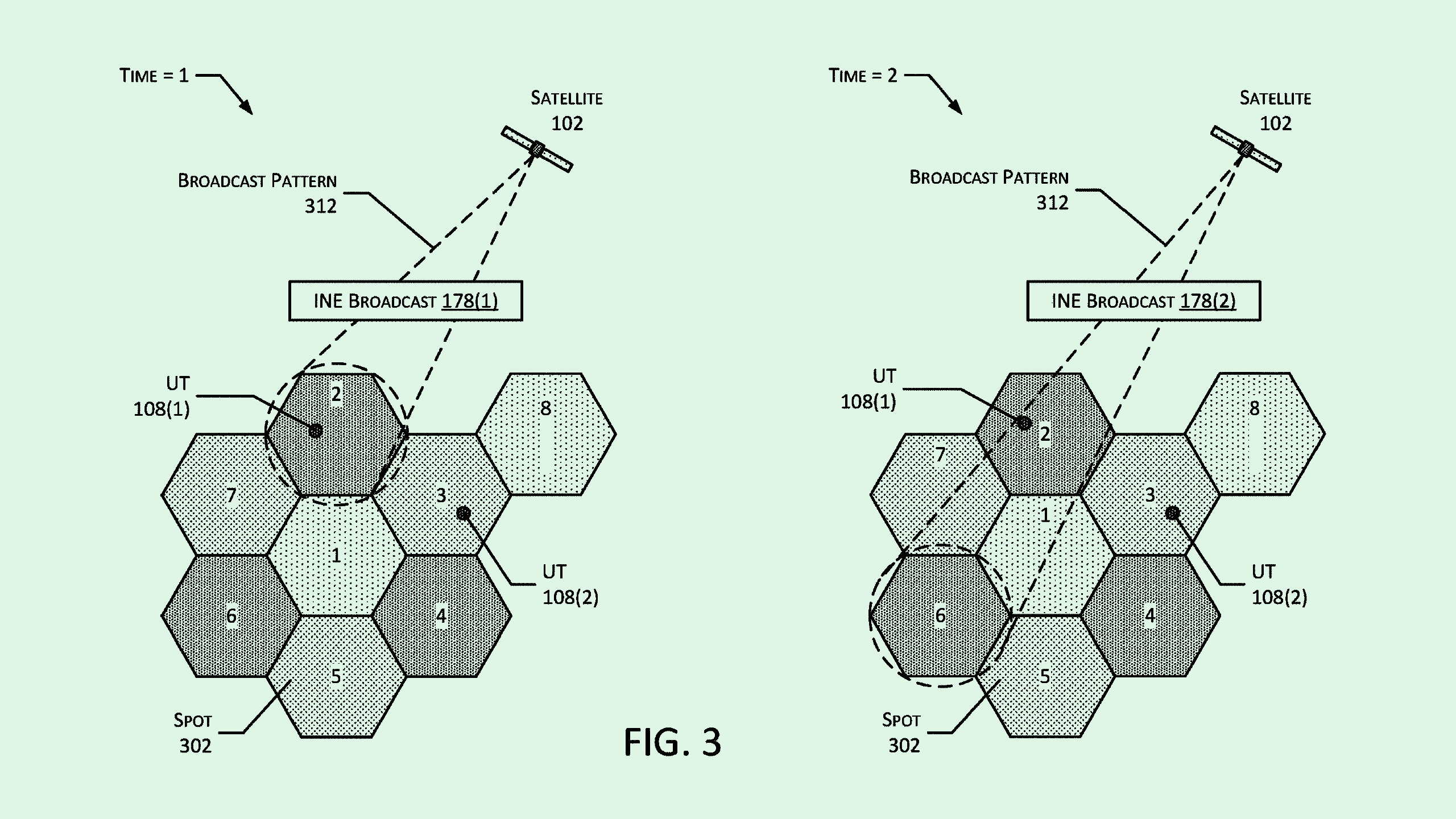
Sign up to uncover the latest in emerging technology.
Amazon wants to make sure you’re connected to the cosmos … or at least its satellites.
The company wants to patent a system for “establishing initial communication” with satellites. Essentially, Amazon’s filing details a system that optimizes connection between user terminals, ground stations and satellites for more reliable internet connection.
Amazon’s system aims to avoid user terminals being “in contention with one another for use of an uplink to send data from individual user terminals to the satellite,” which can cause latency.
The company’s “satellite constellation” emits beacon transmissions (electromagnetic signals that move at the speed of light) targeted at user terminals on Earth. These beacons carry information which helps a user terminal make a request to connect via a “random access channel (RACH) uplink,” which allows the user to connect at any given time. Once the request is received by the satellite, it establishes encryption with the user terminal, keeping the connection secure, and starts transmitting data back to the user.
If the user terminal moves or a satellite network’s configuration changes, this system provides a backup plan by giving the user information about handover satellites. If a connection is dropped completely, it can quickly re-establish communications using previously received data to reconnect.
While this sounds a bit technical, the point of this tech is to create a seamless and low-latency satellite internet user experience with resilient connection.
Amazon first established Project Kuiper, its plan to offer affordable broadband internet via its own satellite constellation and AWS infrastructure, in 2019. As part of this project, the company aims to deploy 3,236 satellites into low-earth orbit through 77 launches in partnership with Arianespace, United Launch Alliance, SpaceX and Jeff Bezos’ own Blue Origin.
So far, the company launched two test satellites into orbit in October, and reported that testing was successful in November. It also announced late last week that the satellites will use laser links to stay connected with one another, boosting their speed and reducing latency.
“This system is designed fully in-house to optimize for speed, cost, and reliability, and the entire architecture has worked flawlessly from the very start,” Rajeev Badyal, Project Kuiper’s vice president of technology, said in a statement.
The company will start manufacturing of its satellites ahead of “full-scale deployment” early next year, the company said, and expects to have enough deployed to start customer pilots by the second half of next year.
But Amazon has gotten some flack with decisions regarding the project. In August, shareholders filed a lawsuit saying the company didn’t do proper due diligence in awarding its expensive launch contracts, which were allegedly the second largest capital expenditure in Amazon’s history at the time. Last week, the company filed to get the lawsuit dismissed.
Amazon also has some catching up to do if it wants to compete in the satellite internet market. SpaceX’s Starlink started launching satellites into orbit in 2019, and has more than 4,500 in orbit, and the FCC has granted the company permission to send up around 12,000 total. Though its constellation currently leads the pack, it’s not even a fraction of the 42,000 the company wants to deploy in the coming years.



